
Four Albanian cities commit to ending the AIDS epidemic by 2030
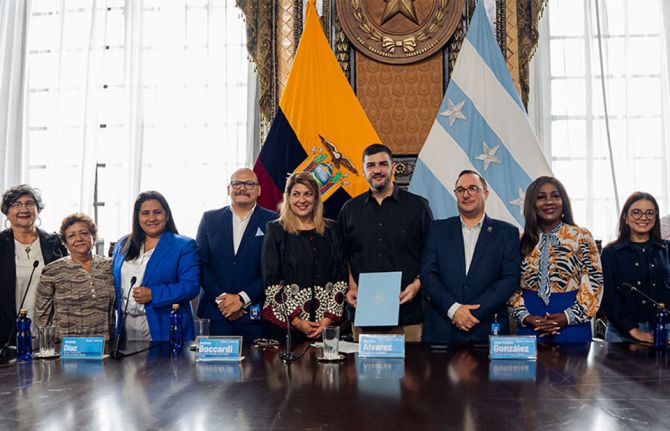
Guayaquil joins the worldwide group of cities committed to ending the HIV epidemic
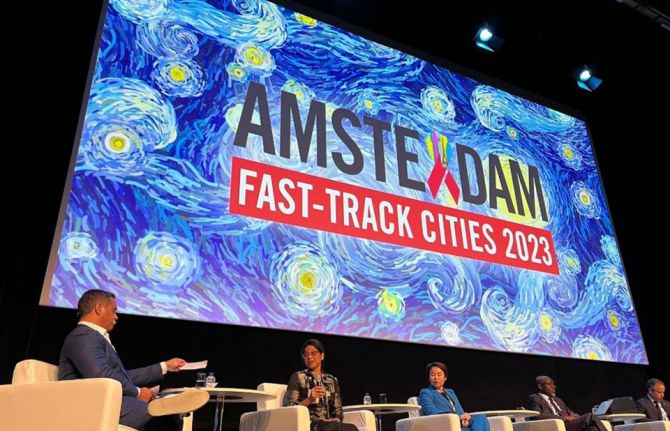
Cities leading the way to achieving key targets in the HIV response
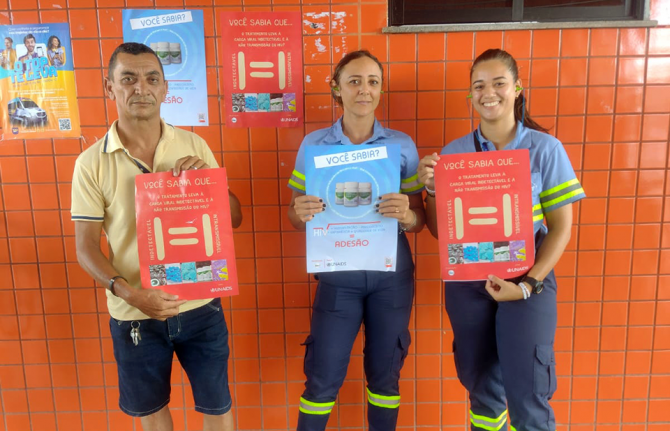
In Northeast Brazil, civil society and local government collaborate to increase HIV treatment adherence
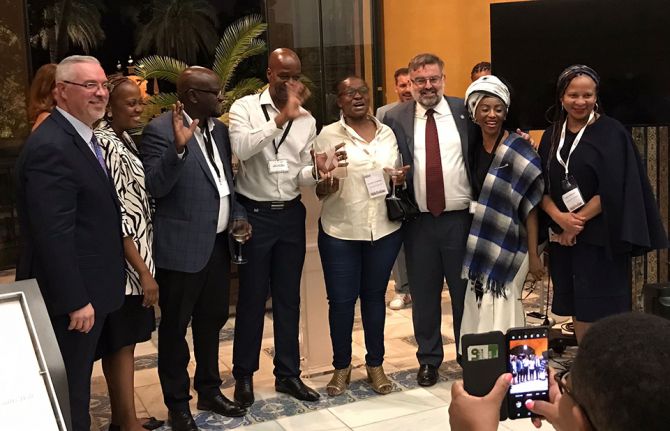
Six cities and a Ukrainian community-led organization recognized at Fast-Track Cities 2022 Conference
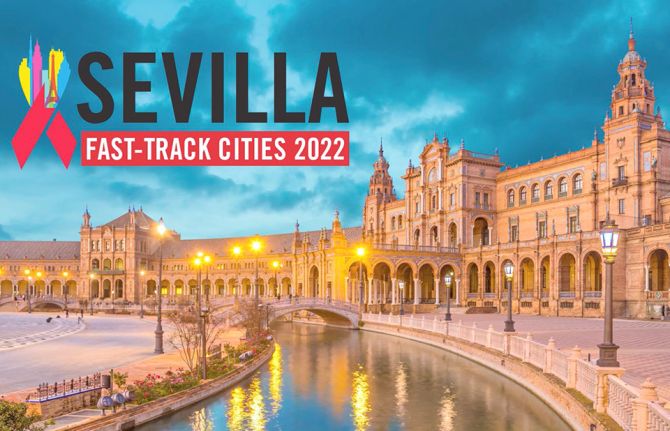
Sevilla Declaration on the centrality of affected communities in urban HIV responses unveiled at Fast-Track Cities 2022 conference
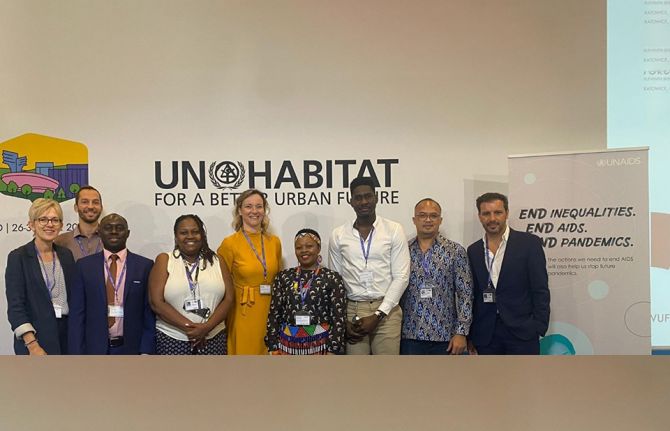
HIV on the agenda of the World Urban Forum in Poland
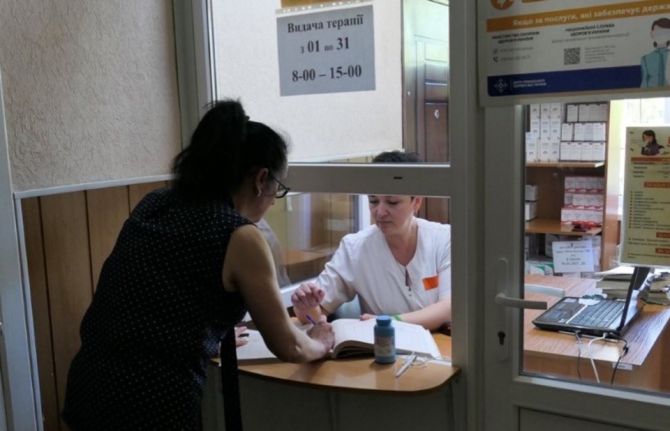
Kryvyi Rih AIDS centre continues to provide HIV services despite the war in Ukraine

Four years of the Fast-Track cities project—what have we achieved and learned, and what is next?
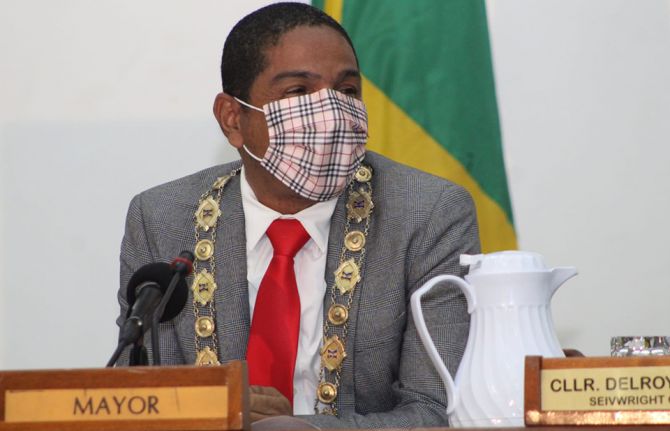
Kingston declares World AIDS Day as a commemorative day of public interest
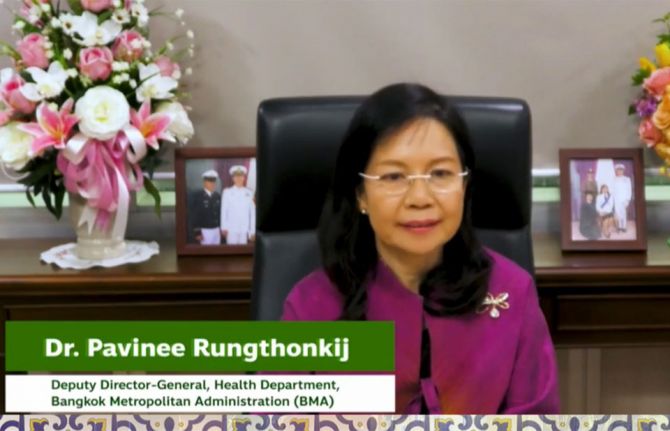
Bangkok Metropolitan Administration receives award for innovations on PrEP and key population-led services
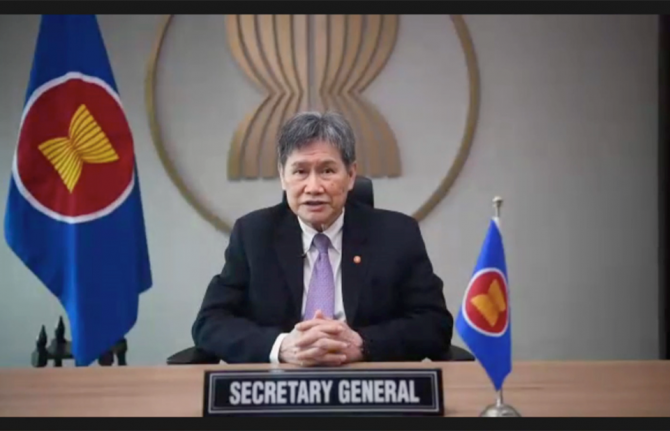
ASEAN cities protecting the gains of the HIV response during the COVID-19 pandemic
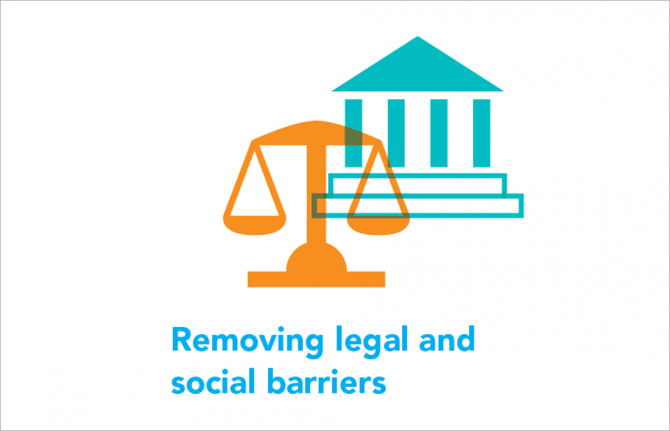
UNAIDS strongly supports calls for the rejection of draft law targeting LGBTI people in Ghana

City leaders unite to regain momentum in the urban HIV response
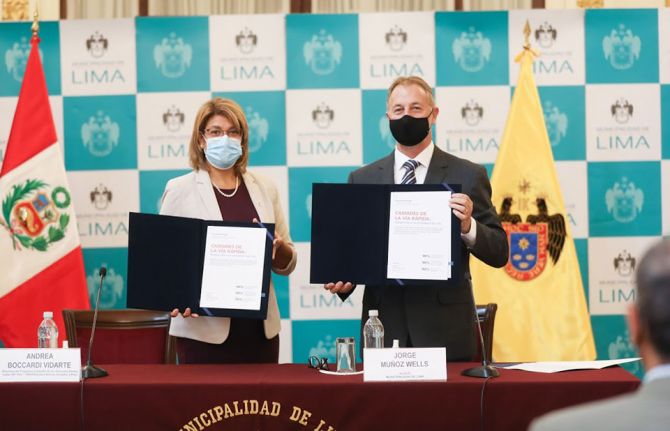
Lima joins the Fast-Track cities initiative
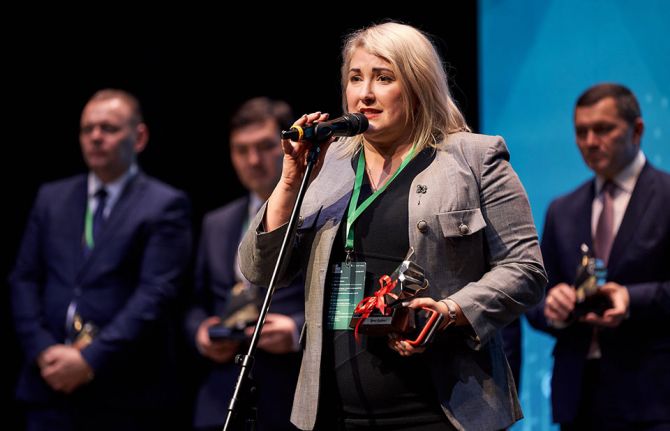
Turning around the HIV response in Odesa
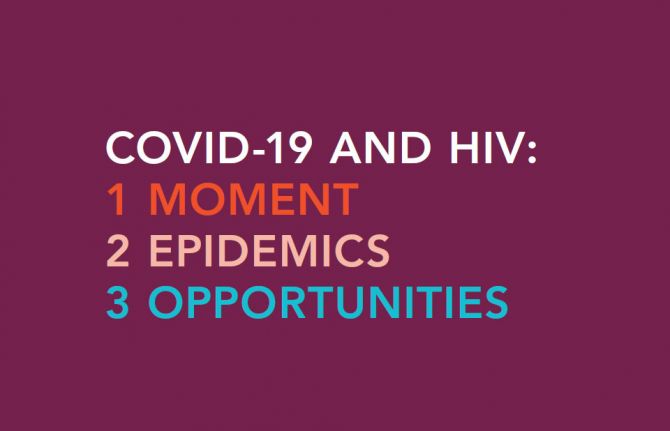
HIV and COVID-19: a unique moment in time to learn, leverage and build resilient systems for health
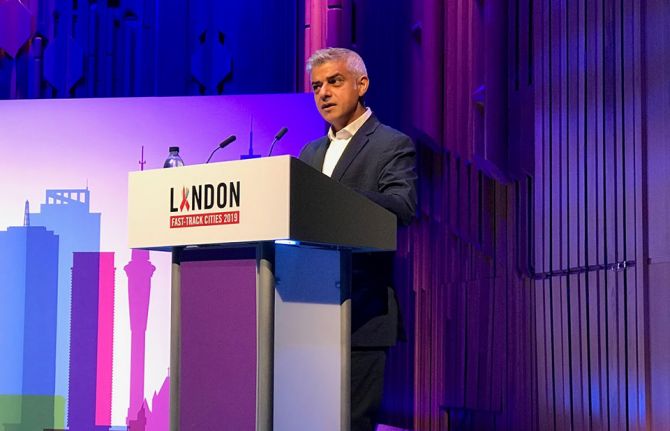
Five years on: 300 Fast-Track cities come together
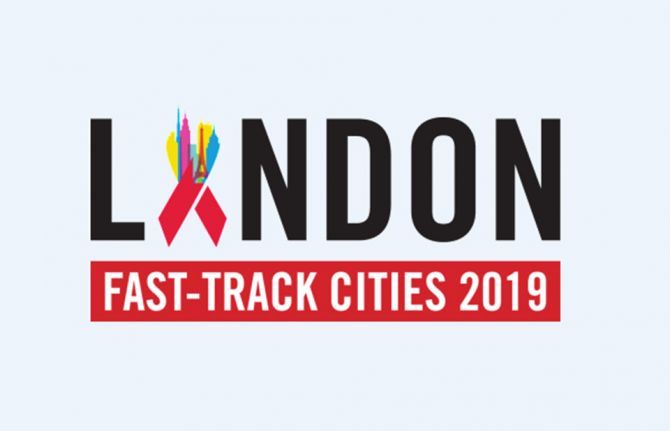
Global leaders unite to tackle health inequalities
Osh signs the Paris Declaration
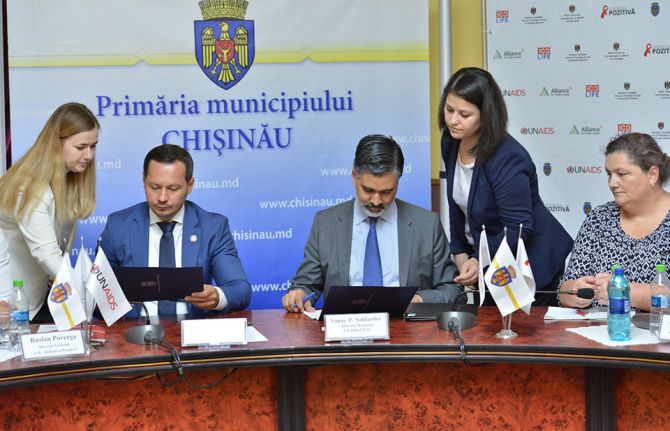
Chisinau signs the Paris Declaration
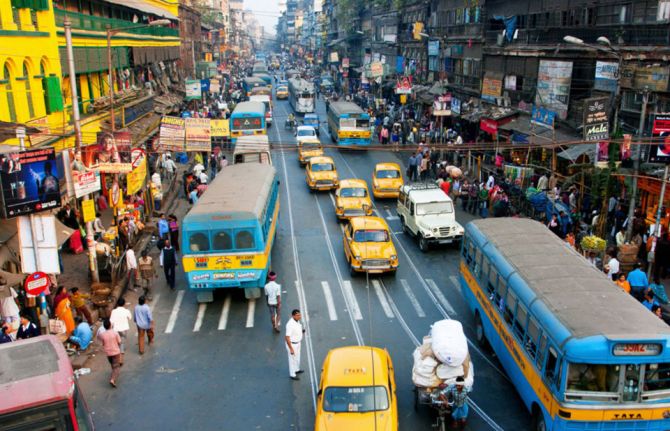
HIV: a heavy burden on many cities
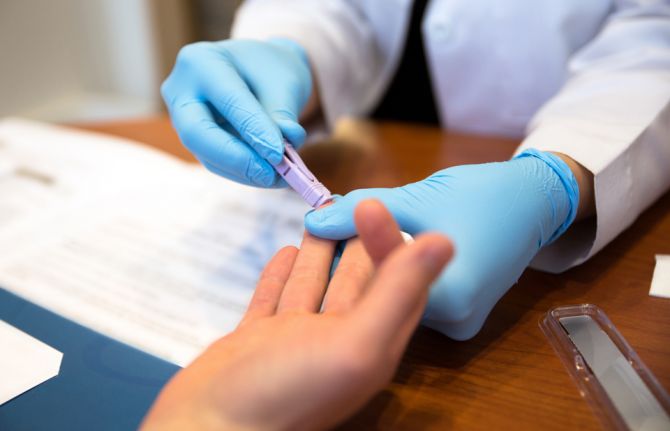
United Kingdom pledges to end HIV transmission in the country within 10 years

Yekaterinburg to be the first Russian city to sign the Paris Declaration
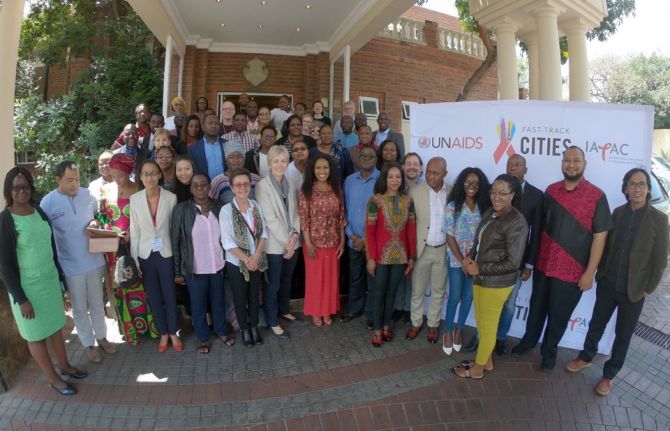
Learning from city-level approaches to putting the HIV response on the Fast-Track
Ecuador innovates around HIV prevention in its cities

More Portuguese cities commit to the Fast-Track
Cities in Philippines pledge to lower HIV infections and improve their track record
Monaco becomes a Fast-Track city
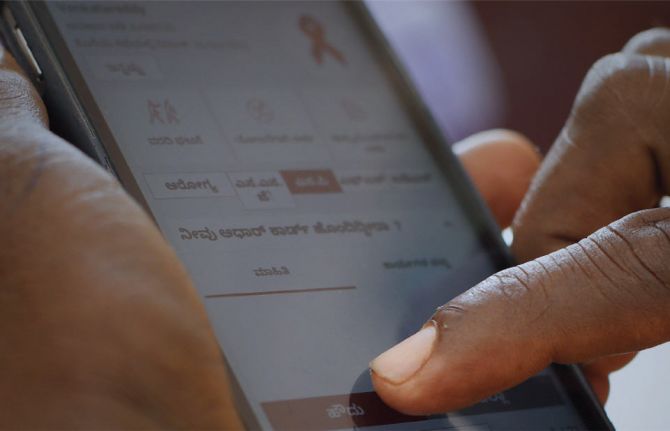
Mobile phones provide massive potential to move towards e-health systems
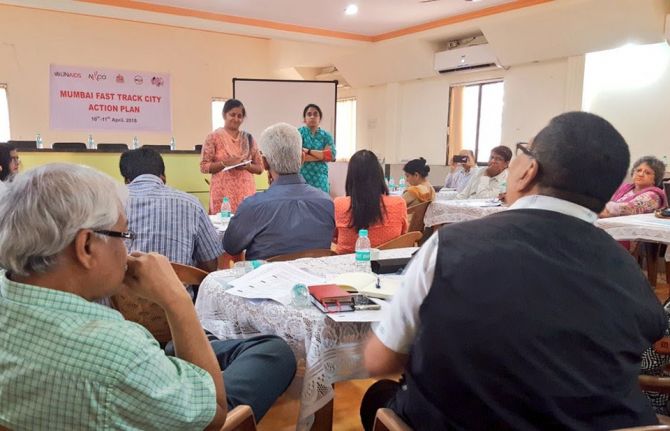
Mumbai Fast-Tracks AIDS response by spearheading innovations to end epidemic by 2030
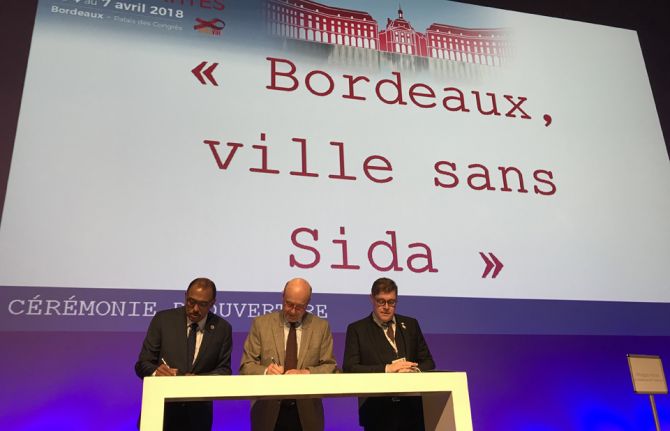
Bordeaux signs Paris Declaration to end the AIDS epidemic in cities
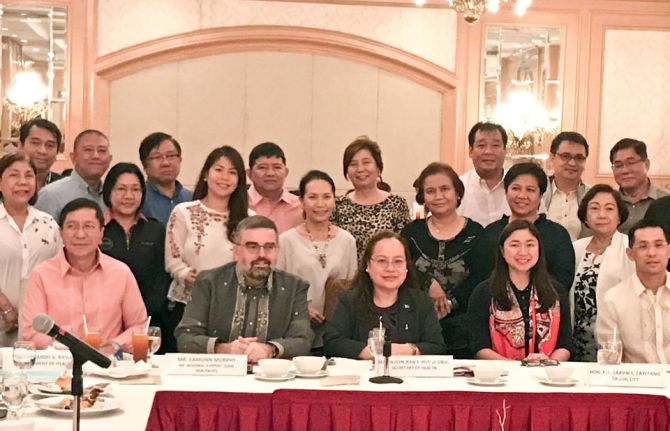
Metro Manila city leaders commit to intensifying HIV response

Dehong makes remarkable turnaround in its AIDS epidemic
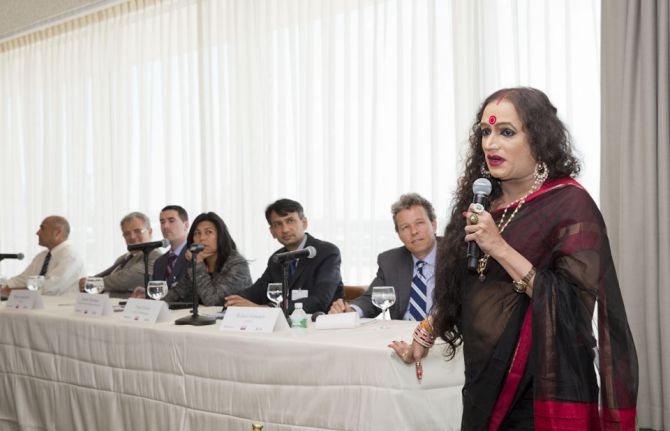
City mayors, the private sector, governments and civil society share and display innovations in technology that transform the HIV response
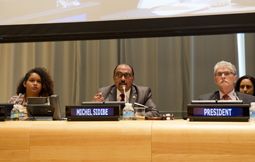
Investing in community-led action will be critical to ending the AIDS epidemic
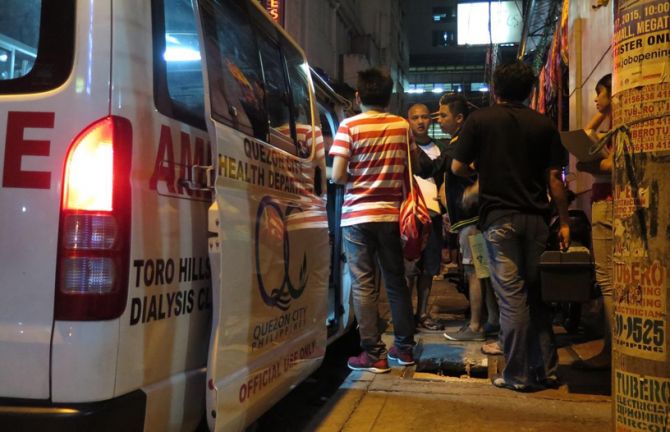
How Quezon City in the Philippines is turning around the AIDS epidemic
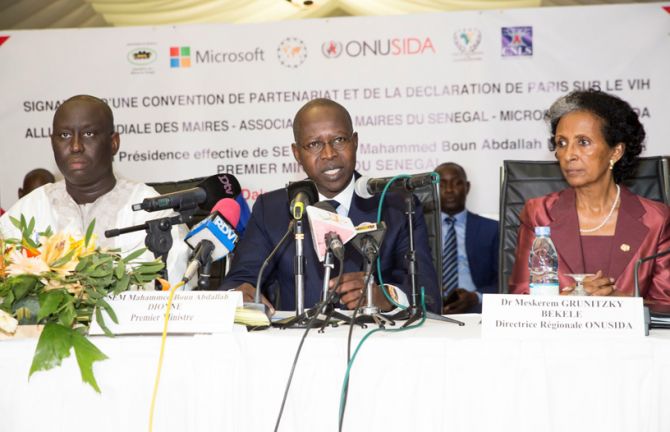
Senegalese mayors commit to Fast-Tracking the HIV response in their cities
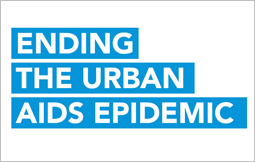
UN-Habitat and UNAIDS call for renewed efforts to address HIV in urban areas
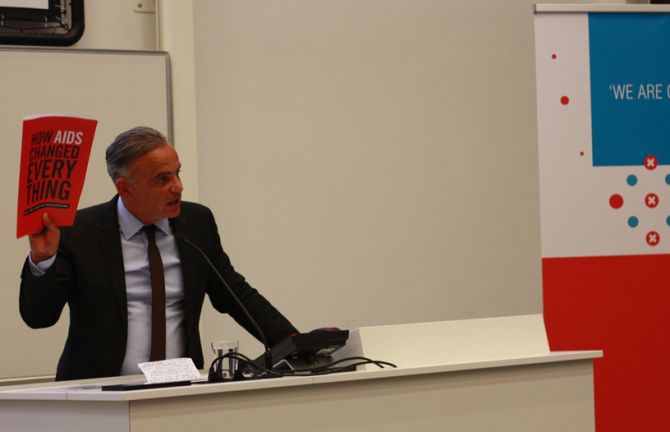
Highlighting the need for a science and people centred approach in the AIDS response
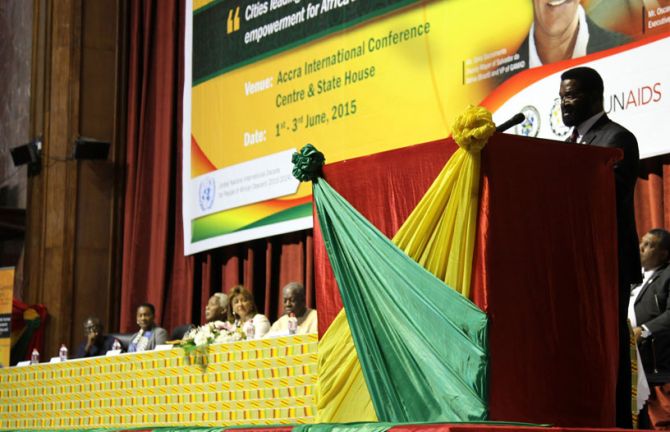
Summit of African mayors and mayors of African descent mobilizes commitment to accelerate the HIV response
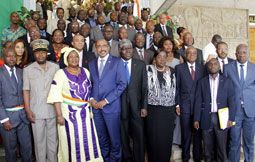
Mayors in Côte d’Ivoire commit to ending AIDS as a public health threat by 2030

Mayors from around the world sign Paris Declaration to end the AIDS epidemic
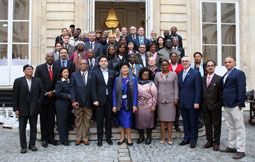
Innovative new initiative to end the AIDS epidemic in cities

Global leaders commit to ending the AIDS epidemic in cities by 2030
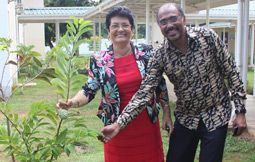
Indonesia: City focus key to the HIV response
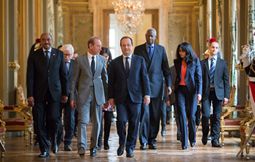
AIDS response is focus of Francophone cities in Paris

Namibia’s City of Windhoek collaborates to strengthen HIV response
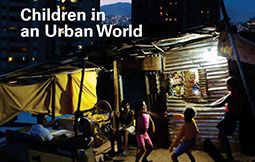
UNICEF: Children in cities facing neglect
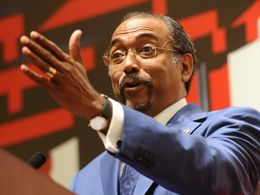
Engaging cities in the HIV response
